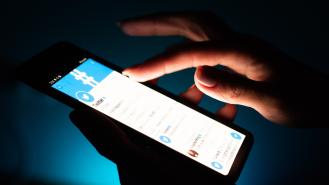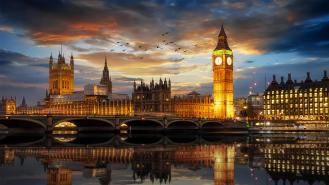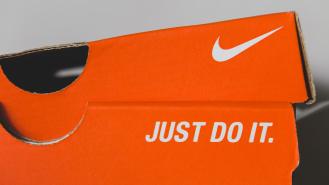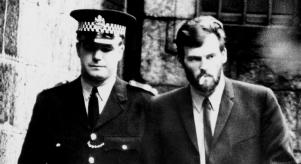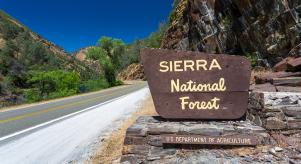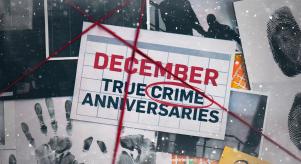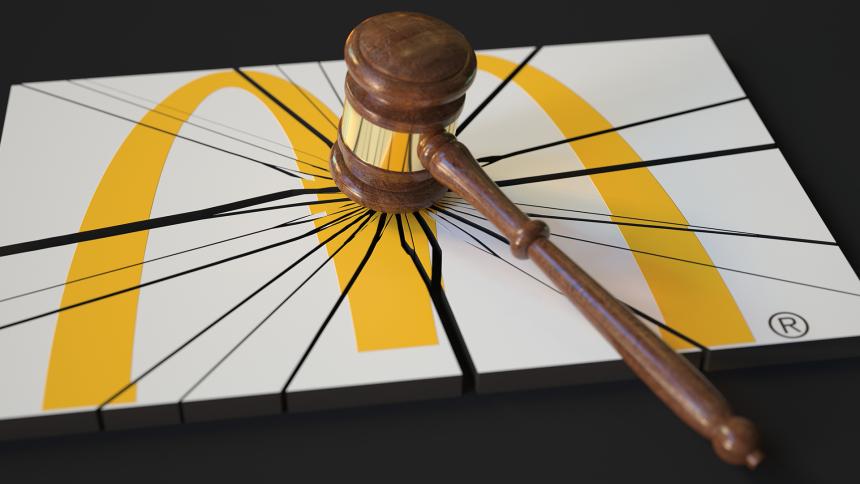
The McLibel Case: When Keir Starmer took on McDonald's
When Helen Steel and David Morris distributed a few hundred copies of a flimsy leaflet titled ‘What's wrong with McDonald's: everything they don't want you to know’, they couldn't have imagined it would lead to the longest-running libel case in English history. After all, they were simply a couple of environmental activists barely making ends meet. Why would a billion-dollar corporation care about what they had to say?
As it turns out, McDonald's did care – a lot. In 1990, the fast-food giant brought libel proceedings against Helen, David and three friends in the popularly known ‘McLibel Case’.
London Greenpeace and the fight against Big Food
Helen Steel, David Morris, Paul Gravett, Andrew Clarke and Jonathan O'Farrell were London Greenpeace activists in the 1980s and 1990s. The small anarchist group wasn't formally associated with Greenpeace International or Greenpeace UK, but employed many of the same tactics to draw attention to its causes, including protests and distributing provocative marketing materials.
Although McDonald's hadn't been in the UK for long (the first shop opened 10 years prior in 1974), it was winning converts up and down the country, much to the group's dismay. They believed the company was involved in several malpractices, including encouraging starvation in third-world countries, destroying the rainforest with harmful chemicals and paying employees dangerously low wages. It was the sort of information they thought people deserved to know.
Their solution? A scathing six-page leaflet outlining everything wrong with McDonald's. The group doubled down on its claims, adding that the fast-food giant deliberately lied about the nutritional benefits of its food and exploited children in its advertising materials.
Later in court, Helen and David admitted handing out a few hundred copies in Strand, London – and almost everyone agreed the following response from McDonald's was completely disproportionate.
McDonald's Corporation v Steel & Morris – or the ‘McLibel Case’
When McDonald's became aware of the activists' activities, they threatened to sue them, promising to drop the case if each individual apologised and publicly admitted that the claims in the leaflet were false.
Faced with possible financial ruin, Paul, Andrew and Jonathan said sorry. Helen and David, somewhat unbelievably, stood their ground, even though they wouldn't receive any legal aid, as was the policy for libel cases at the time.
This meant they had to represent themselves. They had to prove that each statement was true, which was a huge undertaking, involving hours and hours of painstaking research and interviews. ‘If I'd have known then what was involved, I'm not sure that I'd have gone ahead’, Helen later joked.
Keir Starmer’s involvement
Despite having to handle most of the nitty-gritty details themselves, they did garner support from several prominent legal figures, including human-rights-lawyer-turned-PM Keir Starmer. In a media interview, Helen reminisced, ‘He was a great person to work with in terms of being willing to listen to our ideas and not just kind of reject them out of hand.’
And what about payment? ‘He helped us for free for a very, very long time. He didn’t get paid for any of it until we got to the actual European Court of Human Rights (ECHR), when he was officially representing us. Although we represented ourselves at the original trial, he was giving us advice behind the scenes, drafting pleadings for us, stuff like that.’
Although Starmer has tried to shake off his past as a human rights lawyer, mostly because it’s seen as an upper-class profession, it has undoubtedly shaped some of his political views.
The judgement
The complexities of the infamous trial meant the whole process, from start to finish, took nearly 10 years. The judge, Mr Justice Bell, eventually came back with a decision in 1997, mostly in favour of McDonald's.
However, Justice Bell agreed that the company overstated its food's positive nutritional benefits, exploited children in its advertising and depressed wages in the food industry. Ultimately, Helen and David were ordered to pay £60,000 in damages (which they never did).
At first glance, this might seem like a loss, but most people agreed that the activists came out on top. Afterwards, one of the defence lawyers said, ‘Bringing the case in the early days of the internet meant that many more people came to know what was in the leaflets.’
Even better, the ECHR eventually recognised the pair had been unfairly denied legal aid throughout the trial and ordered the government to pay £57,000 in compensation.
So, what now? Although London Greenpeace disbanded in 2001, their legacy continues. Helen later remarked, ‘It was exhausting, but there was an important principle at stake: wealthy companies should not be able to silence people and control what they say about their practices, which are then not subject to scrutiny.’
